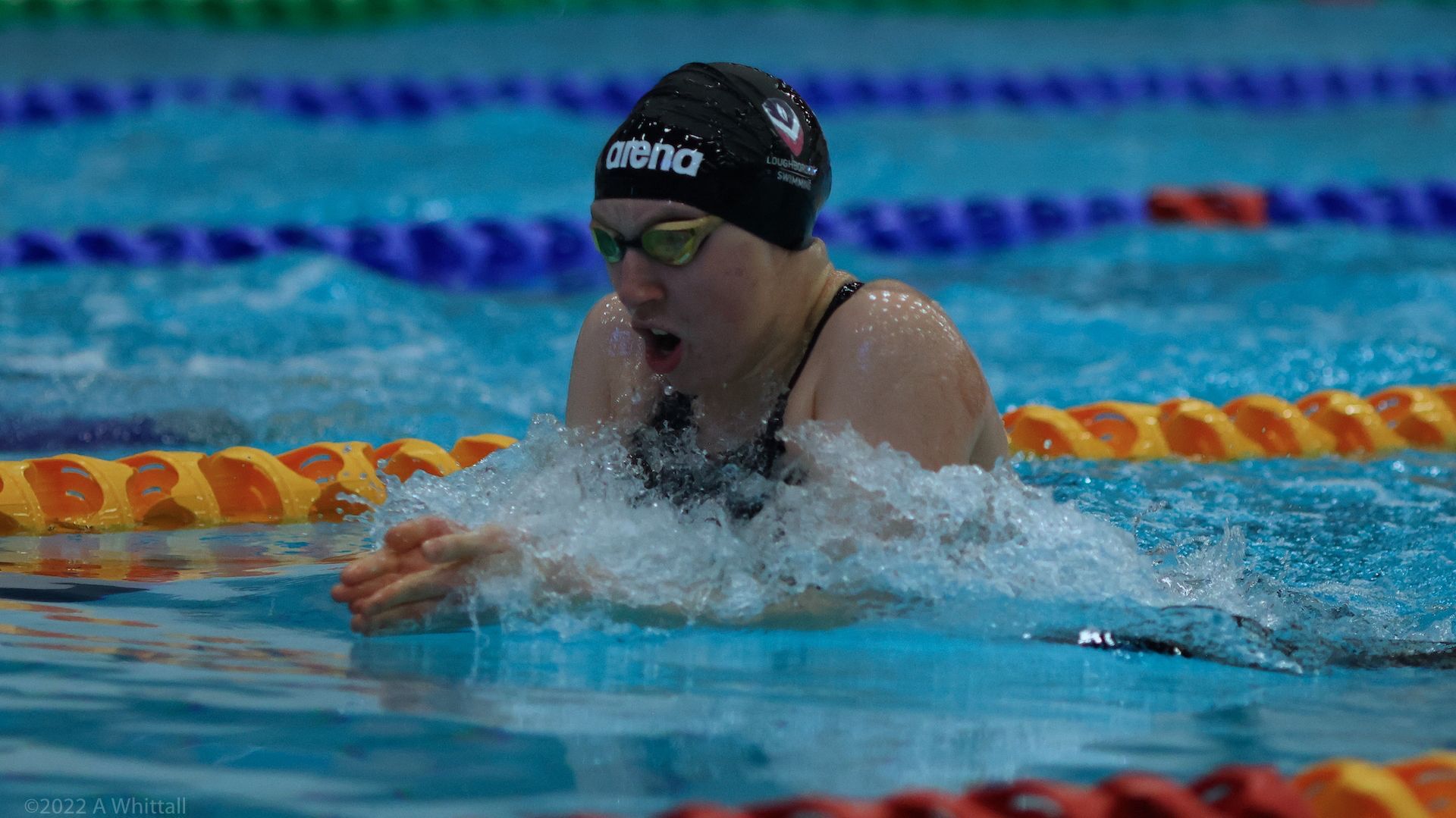Is It Normal For Female Athletes to Lose Their Periods?
Amenorrhea shoudln't common, it's normalised.

For many athletes, their sport is their world. It is their purpose, their identity, their social circle, their special interest. When competing at an elite level, every action must be considered in order to determine the impact it will have on someone's performance.
Whilst this can be all well and good, what happens when performance comes at the cost of health? For many female athletes, conditions like RED-S (Relative Energy Deficiency in Sport) and amenorrhea (the absence of menstruation) are a common, silent, occurence. Often, they are normalised and in the worst cases glorified for being "such a committed athlete".
In a recent episode of the Full of Beans Podcast, former elite swimmer Cerian Harries opened up about her experience with RED-S and the silent suffering she endured during her swimming career.
What is RED-S and Amenorrhea?
RED-S occurs when an athlete's energy intake does not meet the demands of their training and daily functioning. This can be due to intentional restriction or unintentional underfuelling, but the result is the same: the body starts shutting down non-essential functions to conserve energy.
One of the key warning signs in female athletes is amenorrhea—the loss of a menstrual cycle. While this is often viewed as a "normal" part of intense training, it’s a serious indicator of hormonal imbalance and long-term health risks, including bone density loss, fertility issues, and cardiovascular problems.
"I think it's common, but it shouldn't be normalised—and it isn't normal. It's a massive indicator that your health isn’t where it should be."
Why Is Amenorrhea Normalised In Athletes?
Cerian shared how, from a young age, she internalised the message that success meant sacrifice. She believed, based on comments from coaches and peers, that skipping periods was just part of being a dedicated athlete.
"At 16, I was told it was normal for athletes to lose their period. But it’s not. It was a red flag we just didn’t talk about."
In many sporting environments, the loss of a period is seen as a badge of honour, a sign that an athlete is pushing their body to the limit. Rather than being treated as a red flag, it’s often dismissed or even praised. This normalisation makes it difficult for athletes to speak up or even recognise that something is wrong.
Recognising the Signs and Symptoms
Kerri-Ann's body was giving her signs, but like many others, she didn't initially understand what they meant. The symptoms of RED-S can include:
- Loss of menstruation (amenorrhea)
- Constant fatigue and poor recovery
- Frequent illness or injury (such as stress fractures, muscle or tendon injuries)
- Obsessive thoughts around food and body image
- Mood changes, irritability, and low self-worth
- Dehydration
- Gastrointestinal (stomach) problems
- Bone loss
- Cold intolerance
- Slow heart rate and low blood pressure
- Problems concentrating and sleeping
"I was always tired, sore, and getting injured. I thought I was doing everything right, but my body was telling me otherwise."
These symptoms often get brushed off as just part of "being an athlete," but they can have lasting consequences if left unaddressed. As athletes endure these symptoms, the internal monologue of "you're just weak" or "keep pushing" gets louder, only leading to more severe symptoms and a greater impact on performance.
The Impact of RED-s Athletes
The effects of RED-S go far beyond sport. Cerian described how RED-S not only impacted her performance but her sense of identity, confidence, and wellbeing. Despite training harder than ever, she found herself swimming slower, constantly exhausted, and emotionally disconnected.
"It [restriction] started as a way to swim faster. But in trying to be better,
I actually became worse. I was running on empty."
Over time, RED-S can lead to long-term health issues such as:
- Low energy levels
- Fertility issues
- Bone health issues (e.g. osteoporosis)
- Healthy growth and development
- Abnormal heart function
- Weakened immune function (ability to fight infections)
- Slower recovery or muscular injury healingNormal musculoskeletal function (ability to recover from workouts and heal muscle injuries)
- Poor mental health
Athletes may also feel isolated or ashamed, especially when their struggles are misunderstood or minimised.
A Coaches Role In Mental Health
One of the turning points in Cerian's journey was a conversation with a strength and conditioning coach who truly listened. A coach is not there to simply provide more and more pressure to their coachees to succeed. Athletes are human, and therefore if the other aspects of their life (like exam, family, relationship, or work stress) aren't considered, peak performance won't be reached. By supporting someone's physical, mental and emotional health, we can provide a safe environment to share what's happening outside of training and truly support our athletes.
For Cerian, her coaches support helped her seek help and begin recovery.
"He was honestly amazing. I tell people he saved my life. It was the first time I told someone everything—and he just listened."
So, how can we do better?
Tips For Coaches Supporting Athletes
- Create a safe, open space where athletes can talk about menstrual health and mental wellbeing (as well as other things that could be impacting them!)
- Avoid commenting on weight or body size and focus instead on performance and health.
- Learn the signs of RED-S and educate your team about its risks.
- Champion rest and recovery as key parts of athletic success.
Tips For Coaches Supporting Athletes
- Talk about your experience. Breaking the silence helps others know they’re not alone.
- Support your teammates who may be struggling.
- Be honest with yourself about your relationship with food, exercise, and your body.
- Avoid language that labels foods as good or bad that may be picked up by younger athletes.
- Recognise your role in supporting other athletes to perform.
While RED-S and amenorrhea are still under-discussed in many athletic spaces, stories like Cerian's remind us how vital it is to listen to our bodies, speak up, and create an environment where health comes first.
Want to learn more? Listen to the full episode with Cerian Harries on the Full of Beans Podcast.
Sending positive beans your way,
Han 💛






